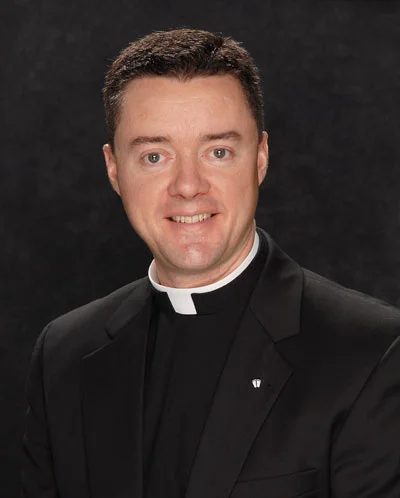From the Pastor
/I want to make you aware of two opportunities for the grant of an indulgence. These grants come with two traditional practices of our Catholic culture. I try to give attention to many such practices that have been lost over the last decades and to make us aware of them. I do this because our faith and its practice is not a sterile laboratory within the church walls. It impacts the whole of our lives and touches upon many aspects of life, extending itself well beyond the ritual of the Holy Mass. The Marian antiphon we chant seasonally is one such example of instructing us in Catholic culture. The recent Rorate Mass of Advent is another example. The blessing of the bambinelli, Epiphany chalk, etc.
The first opportunity for an indulgence is the public recitation of the hymn Te Deum (You, O God) on December 31. This is a hymn of thanksgiving to God. It is recited on the last day of the year in thanksgiving for the year concluded. Thus, at the conclusion of the Holy Mass at 5:00 pm, on Monday, December 31, the Vigil of the Solemnity of Mary, the Mother of God, our choir will lead us in singing the Te Deum. The grant is for a plenary indulgence when the public recitation is accompanied by the usual conditions (see below).
The second opportunity for an indulgence is the public recitation of the hymn Veni, Creator (Come, Creator Spirit) on January 1. This is a hymn asking the Holy Spirit to bless and guide the New Year ahead. Thus, at the conclusion of the Holy Mass at 10:00 am, on Tuesday, January 1, the Solemnity of Mary, the Mother of God, our choir will lead us in singing the Veni, Creator. The grant is for a plenary indulgence when the public recitation is accompanied by the usual conditions (see below).
The usual conditions for completing the offer for a plenary indulgence are as follows:
Completion of the indulgenced act (e.g., public recitation of the Te Deum, December 31, or the Veni, Creator, January 1) on the day assigned.
Sacramental confession to a priest, thus receiving absolution (normally should occur within 8 days before or after the indulgenced act, #1 above).
Worthy reception of Holy Communion, preferably on the day of the indulgenced act (#1 above).
Prayers for the Pope’s intentions by reciting one Our Father and one Hail Mary for his intentions, preferably on the day of the indulgenced act (#1 above).
The exclusion of all attachment to sin, meaning one has no desire for sin or to live in sin, even venial sin.
Sincerely in Christ,
Rev. Stephen Hamilton

